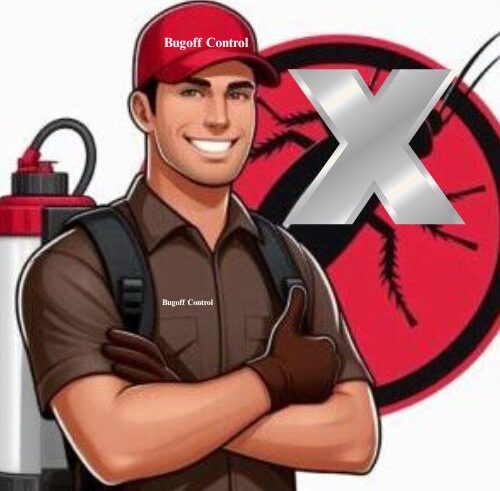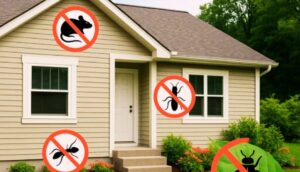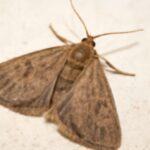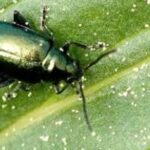Tips on how to Use Systemic Plant Insecticide

Numerous insecticides have been formulated to control garden insect pests and are sold under different trade names or brands. What I love about insecticides is their fast-acting effect, although some deliver a quicker knockdown than others. Despite this fact, and as good as this sounds caution should be taken when turning to this method to control garden insect pests.
Insecticides should only be used as a Last resort and even then start with the least toxic because what you want to keep in mind is that wind drift off from harmful insecticides can contaminate the air which can be harmful to humans, pets, pollinators, wildlife, and beneficial insects, even our water system can be contaminated if these insecticides are misused (overuse).
Although the discussion of insecticides is beyond the scope of this article one such insecticide we will be turning our attention to however is systemic insecticides, I have worked with these types of insecticides on many garden projects and have seen how effective they are when seeking to control garden insect pests.
Systemic Plant Insecticides
What are systemic insecticides? systemic insecticides are chemicals that once applied to garden plants are absorbed by and transported through the plant system. The other type of insecticide is known as contact and can only affect insects as they come in contact with these chemicals that penetrate their exoskeleton followed by poisoning or causing dehydration.
How do Systemic Insecticides Work?
As mentioned earlier systemic insecticides once applied to garden plants are absorbed by the plant’s tissues and are translocated throughout the entire plant system which includes the leaves, the stems, the roots, and the flowers or fruits. This type of insecticide will not harm garden plants only insect pests with piercing sucking-mouth parts that pierce the plant’s tissues and extract the fluids. Systemic insecticides should always be used on plants that are approved especially if treating edible plants so make sure that the listed plants are on the manufacturer’s label and apply as directed.
Systemic insecticides should not be used during rainy weather because rain can wash away insecticide application, avoid applying these pesticides under high winds which will encourage wind drift off.
How to Applied Systemic Insecticides
5 methods of Applying Systemic Insecticides
- Treating the seeds.
- Drenching the soil.
- Applied as a paste to the outside.
- Injected into the stems and trunks of trees.
- Foliar spray is applied to the leaves.
The Advantages of Systemic Insecticides
- Less likely to come in contact with pests, birds, and humans.
- Systemic pesticides do not need to be applied as frequently as other pesticides.
- Systemic pesticides have limited effects on the environment.
- Rain cannot wash away this type of pesticide because pesticides are in the plant’s system.
- Systemic pesticide directly targets the pest.
Some examples of Insects with Piercing Sucking Mouth Parts
- Aphids.
- Mealy bug.
- Scale.
- Whitefly.
- Spider Mites.
Other Types of Systemic Insecticides
- Herbicides-are week killers.
- Fungicides-to treat fungus issues.
- Nematicides-to treat nematodes.
Before applying insecticides, fertilizers, or any other chemicals on garden plants first read the manufacturer’s label and follow as directed.
Conclusion
As mentioned earlier numerous insecticides on the market are sold under different trade names systemic insecticides being one type. Now that you know a bit more about these Pesticides and how they work you are armed with the knowledge on how to control certain garden pests giving your plants a fighting chance to thrive.
I believe that the use of these pesticides is a great way to reduce the insect population (garden pests) which can be such a nuisance, and the damage these insects cause can be so costly. On larger projects, the damage can be in the thousands of dollars range so let’s do our part to ensure that we grow beautiful healthy plants.









